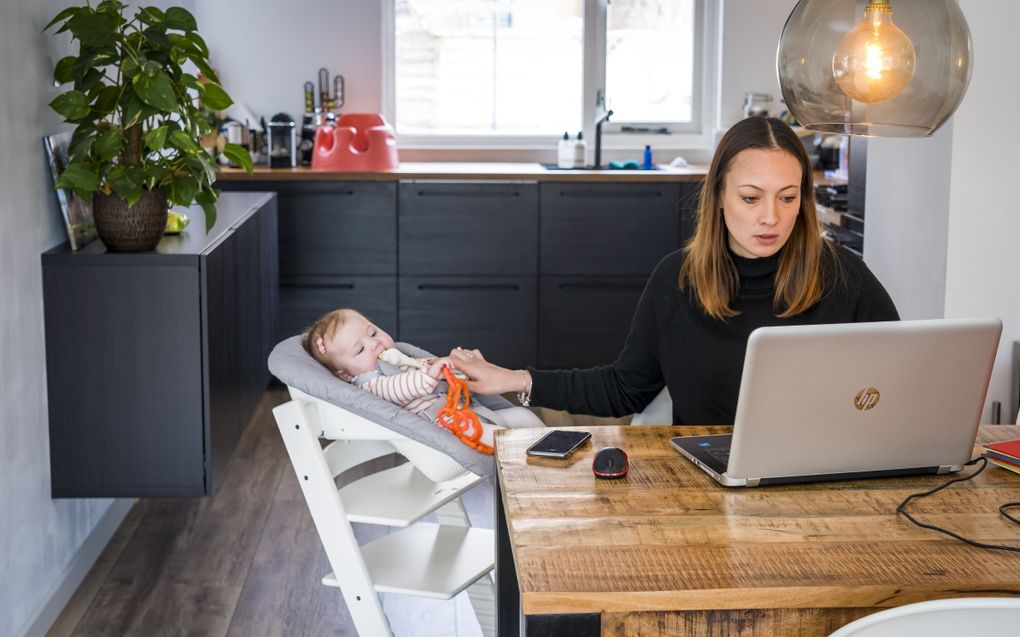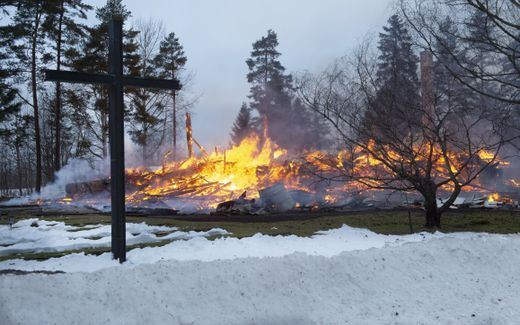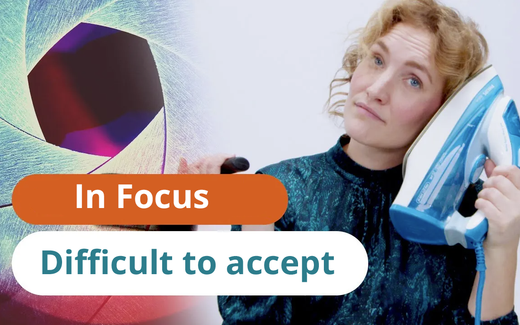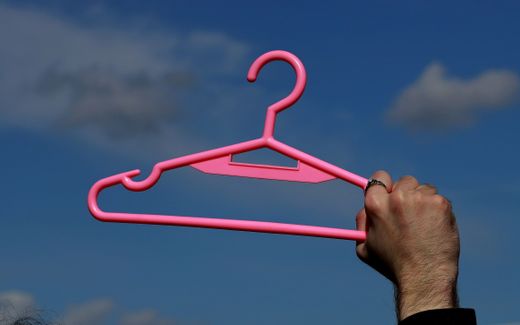Finnish people might be happy but mothers are exhausted
25-03-2023
Northern Europe
CNE.news

Photo ANP, Lex van Lieshout
Northern Europe
Finnish mothers experience some of the highest levels of burnout in the world.
According to an international study reported by YLE, Finnish parents stand at seventh place in parental fatigue, despite a World Happiness Report ranking Finland as “the happiest country in the world”.
Parental fatigue is defined as a continuous exhaustion that results in losing pleasure and emotionally distancing oneself from various caregiving roles. Although Finland offers a range of generous state programs that include paid parental leave, parents are still finding themselves burned out. The outcome of the study proved to be surprising to the lead researcher for Finland, Kaisa Aunola.
“Finland is a welfare state after all and we are better off in a lot of ways than many other countries, yet we’re near the top for burnout,” the Jyväskylä University professor said.
In another article on the study, United Press International (UPI) reported that the United States ranked the highest out of the 42 countries that were studied in 2021. Poland experienced equal levels of burnout, while Canada, France, and Russia also came out with low scores in parental wellbeing.
While the roots of parental burnout are diverse, Western countries that are “rich,” “individualistic,” and report having fewer children suffer the most.

“Our individualistic countries cultivate a cult of performance and perfectionism,” the study’s co-author, Isabelle Roskam, said to UPI, which was also quoted in a press release.
The professor of psychological sciences at Belgium’s Catholic University of Louvain also said that parenthood in Western countries remains a “solitary activity”. This contrasts to many African countries, where entire villages are responsible in raising the children. In collectivist societies such as Italy, Paraguay, Peru, Turkey, and Uruguay, less than 1 percent of parents reported being burned out.
In Finland, where young mothers are also juggling careers and maintaining a household, “double perfectionism” is also to blame.
“There is pressure on the mother from the outside, but also from the inside. Many are too demanding of themselves. Research has shown that children are also a resource for exhausted parents. The fault is not in them, nor in not wanting parenthood. All the demands are just too much,” Petra Saariranta said to Seurakuntalainen, who is also the host of the Unfinished Mothers podcast.
It is not only mothers who are feeling the squeeze of various societal pressures. Saariranta says that fathers can “get tired and feel pressure” because certain ideals have not been met.
In addition to her podcast, Saariranta holds a workshop called From Inadequacy to Peace which is part of a larger gathering for young mothers. Participants have the opportunity to share their thoughts through a series of activities and discussions. “Peer support” is essential to easing the burden of burnout, she says. Many decades ago, information on parenting was learned through close networks such as friends and neighbours. Now mothers are feeling the pressure everywhere they go.
“There we get to be seen, it's a basic human need. It is nurturing in many ways that we get to meet each other and hear that others are also struggling with the contradictions related to motherhood,” she said.
Related Articles





